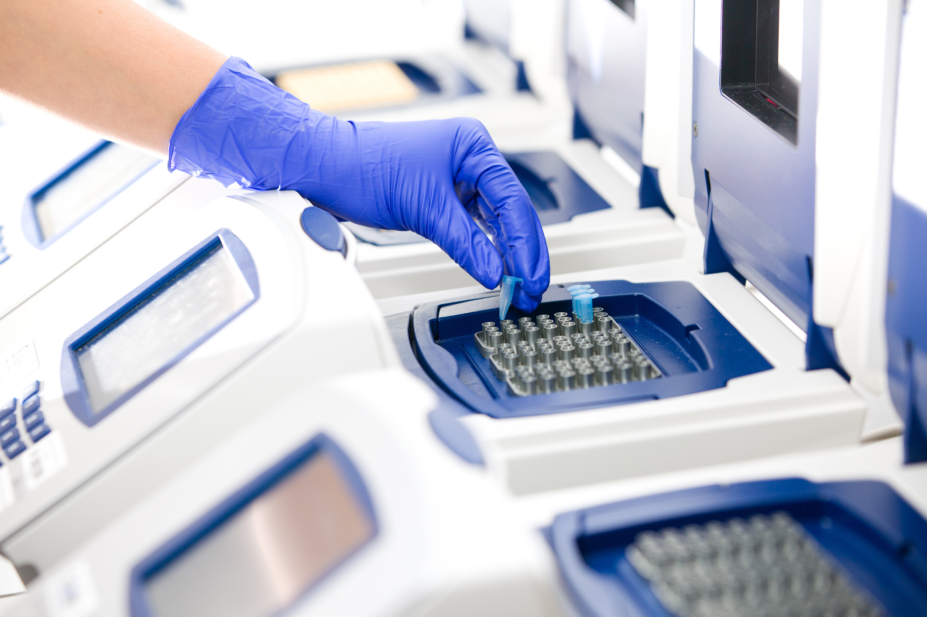
Shutterstock.com
Businesses and charities are expected to invest up to £160m to help support research into the early diagnosis, prevention and treatment of diseases as part of the Accelerating Detection of Disease (ADD) programme.
The programme will use anonymised genomic data from 5 million volunteers to develop personalised treatments and diagnostic tools to treat cancer, dementia and heart disease. The same volunteers, who will not have to pay to participate, will contribute towards the government’s ambition to sequence 5 million genomes by 2023/2024.
The money from businesses and charities is in addition to the £79m the government has already pledged towards the ADD programme, which is part of its industrial strategy, first proposed in January 2017.
Former prime minister Theresa May said in July 2019 that the initiative could “transform” the way that people are treated, adding that it also has the potential to “support developing industry in artificial intelligence, healthcare and diagnostics”.
John Bell, the programme’s lead professor, said that the “ability to identify people at risk or suffering from early forms of diseases with greater precision will have a profound impact on how we develop diagnostics and new ways to treat disease”.
The ADD programme brings together the NHS, industry and patient charities including the British Heart Foundation, Alzheimer’s Research UK and Cancer Research UK.
The funding has been announced ahead of the National Genomics Healthcare Strategy, which the government said will be published in autumn 2019 and will contain further information on how the ADD project will work.


